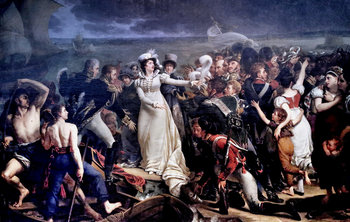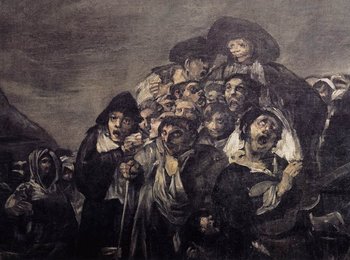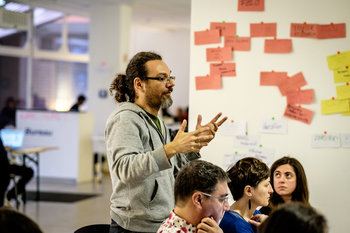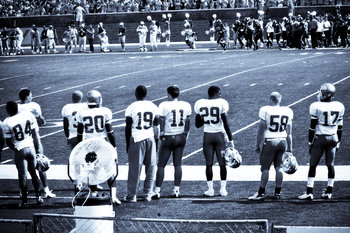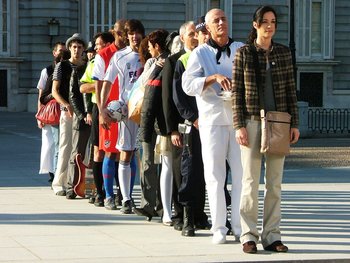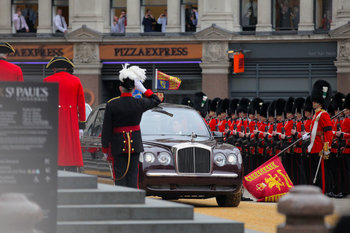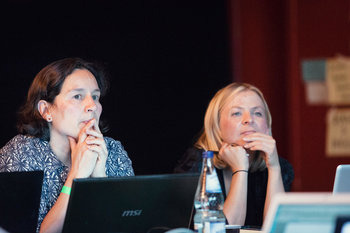|
| |
Political capital is the trust, goodwill and social influence that you have built with organizations, teams and individuals. It is an analogy to financial capital that suggests that influence is saved and spent. In other words, when you push an initiative forward you may rely on the relationships you have built. If you try to push too much through you will quickly wear out your favors and face resistance.
An Opposite ViewThe basic idea of political capital is that trust and goodwill is something that can be banked and then spent as a finite resource. This isn't necessarily how influence works, as some will argue that the more you ask for the better. The very act of regularly asking for support may build stronger relationships, not erode them.The concept of political capital is most accurate in describing influence on people who have significantly more authority than yourself. If you have built a good relationship with a senior person you might be able to pitch a single idea to them. In this scenario it may be realistic to think of influence as a finite resource that takes years to build and seconds to lose.|
Type | | Definition | The idea that influence is a finite intangible resource that can be collected and spent. | Related Concepts | |
Leadership Skills
This is the complete list of articles we have written about leadership skills.
If you enjoyed this page, please consider bookmarking Simplicable.
A list of social processes, absurdities and strategies related to office politics.
A malicious political strategy.
At the intersection of project management and game theory.
The catch-22 logical paradox explained.
The primary elements of professional conduct.
The common types of inefficiency.
An overview of petty authority.
The definition of whataboutism with examples.
The basic elements of a corporate culture.
The definition of sidelining in business with examples.
A list of leadership techniques.
The common types and styles of leadership.
A definition of principles with business examples.
Common ways to set expectations.
The basic elements of constructive criticism.
The definition of self-organization with examples.
The common types of social status.
An overview of humble leadership.
TrendingThe most popular articles on Simplicable in the past day.
Recent posts or updates on Simplicable.
Site Map
© 2010-2023 Simplicable. All Rights Reserved. Reproduction of materials found on this site, in any form, without explicit permission is prohibited.
View credits & copyrights or citation information for this page.
|




